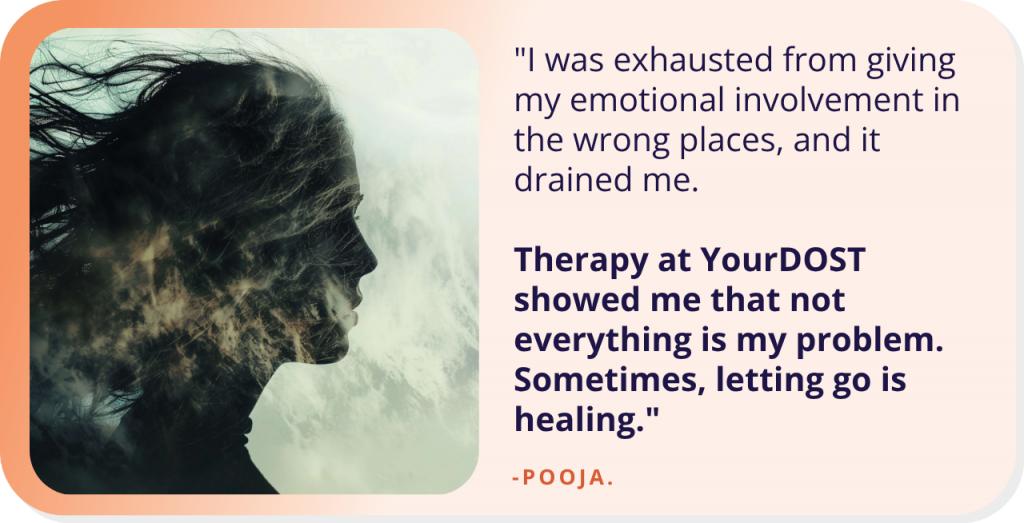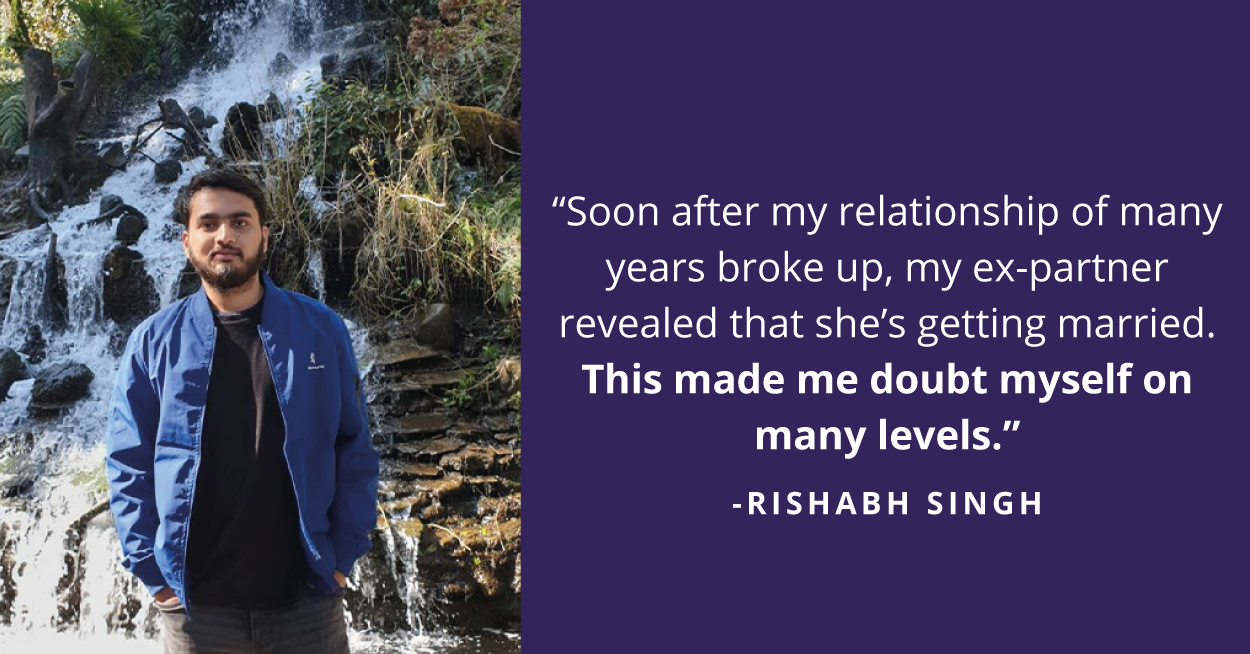Here’s Why You Need to Break Your Illusion of Control
The point of this article is this, you think you exert more control in a situation than you actually do. Don’t agree? Let me explain.
You eat a delicious orange, you tend to think that you are exceptionally skilled at picking oranges, while in reality, you had no control and you were just lucky to have got a delicious, juicy orange.
Another example could be winning the lottery. Winning the lottery is the most random thing, but if you win, you tend to think that it is because you somehow knew which token to pick!
In fact, in one study conducted by Pronin et all (2006), people were shown clips of basketball players trying to shoot a hoop. The observers were asked to either will the players to make the shoot or not make the shoot. At the end of the study, most participants thought or believed that what they willed the player to do actually had an influence on whether the player shot or not! This is how deluded we are about the amount of control we think we exert.
And we’ve all done it! We press the elevator button multiple times, just to make it come ‘faster’, though we just know that it has no control over the speed of the elevator arriving.(Keeping the illusion of control under control) This is our illusion (delusion) of control! Or as demonstrated by Ellen Langer’s research, players in a casino throw the dice harder when they want higher numbers and softer when they want lower numbers.
There are certain advantages to this illusion of control. For instance, if you are diagnosed with a disease, you may want to take control or responsibility for the situation and change your diet, exercise regularly and even take your medication properly. Similarly, we think that by rehearsing our opening statements we can make a good impression on the person interviewing us and hence, we polish our skills and put our best foot forward in an interview.
However, the illusion of control has negative aspects as well.
It may lead us to believe that we are smarter or more capable than we actually are. This is called the illusory superiority effect. It could also lead to optimism bias, which is when people believe they are more immune to bad things happening to them, than others.
Of course, this all boils down to our innate need to control. This need is stronger in some, and a little less pronounced in others. It could be at another extreme, where you do not give yourself credit for anything (as happens in imposter syndrome and depressed people).
So the next time you get lucky (pun unintended!) take it down a notch, it was probably just that – luck. There are things out there that you can’t control, despite the fact that you feel you are in control.






